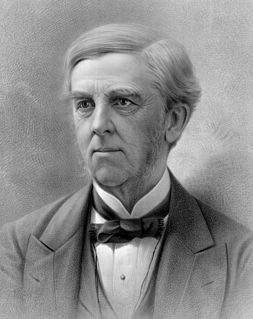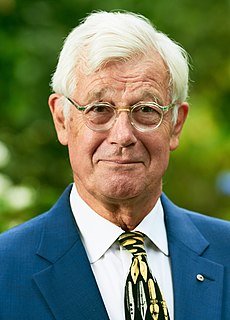A Quote by Arnold Bennett
Its language is a language which the soul alone understands, but which the soul can never translate.
Related Quotes
How it is that animals understand things I do not know, but it is certain that they do understand. Perhaps there is a language which is not made of words and everything in the world understands it. Perhaps there is a soul hidden in everything and it can always speak, without even making a sound, to another soul.
The centre of the soul is God; and, when the soul has attained to Him according to the whole capacity of its being, which is the strength and virtue of the soul, it will have reached the last and the deep centre of the soul, which will be when with all its powers it loves and understands and enjoys God.
As I've gone into soul and soul-land, and I connect with my soul and my ego, and my life is colored by my soul - people can identify from their ego, which is who they thought they are. The soul, which is who they really are, if they choose that transfer to the soul, then you live in an ocean of love.
She alone dares and wishes to know from within, where she, the outcast, has never ceased to hear the resonance of fore language. She lets the other language speak - the language of 1,000 tongues which knows neither enclosure nor death. To life she refuses nothing. Her language does not contain, it carries; it does not hold back; it makes possible.
Imagination is the organ through which the soul within us recognizes a soul without us; the spiritual eye by which the mind perceives and converses with the spiritualities of nature under her material forms; which tends to exalt even the senses into soul by discerning a soul in the objects of sense.
Human language has a vocabulary suited to our daily needs and functions: the shape of any human language maps approximately to the needs and activities of our mundane lives. But few would deny that there is another dimension of human existence which transcends the mundane: call it the soul, the spirit: it is that part of the human frame which sees the shimmer of the numinous.
The question occurred to me: Well, if that's so, if the Divine is ultimately formless and genderless, what's the big deal? Why all this bother? The bother is because we have no other way of speaking about the Absolute. We need forms and images. Without them we have no way of relating to the Divine. Symbol and image create a universal spiritual language. It's the language the soul understands.
Then I speak to her in a language she has never heard, I speak to her in Spanish, in the tongue of the long, crepuscular verses of Díaz Casanueva; in that language in which Joaquín Edwards preaches nationalism. My discourse is profound; I speak with eloquence and seduction; my words, more than from me, issue from the warm nights, from the many solitary nights on the Red Sea, and when the tiny dancer puts her arm around my neck, I understand that she understands. Magnificent language!






































